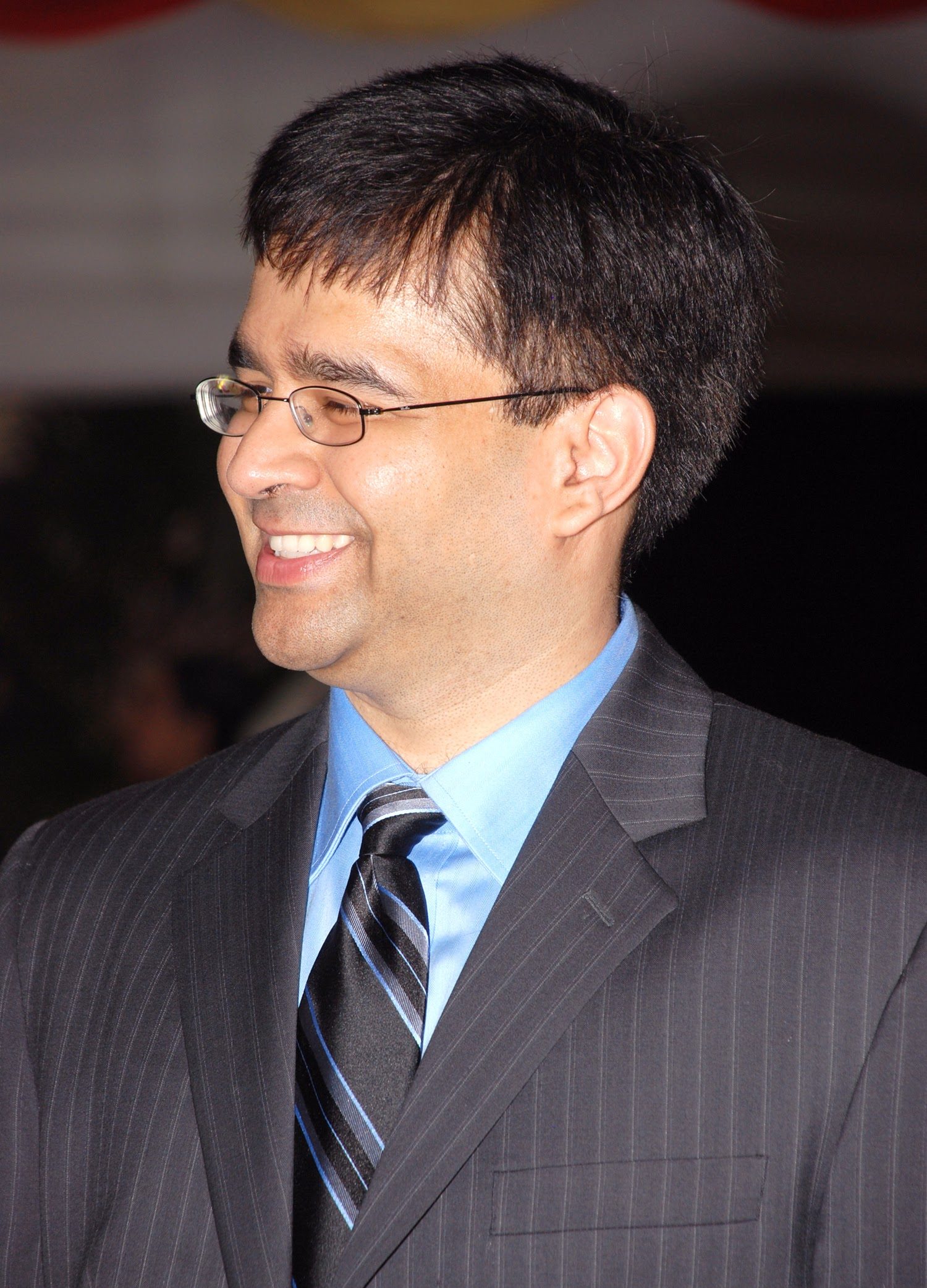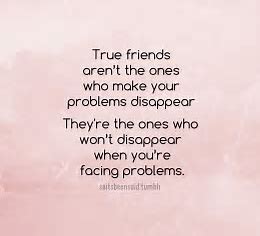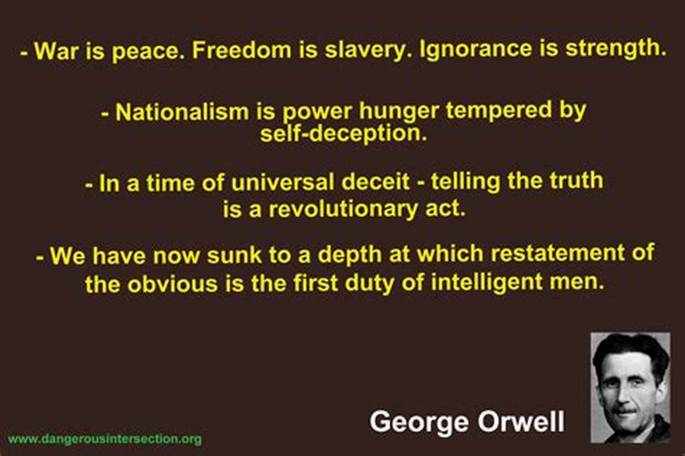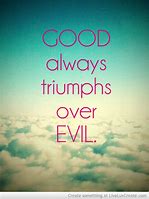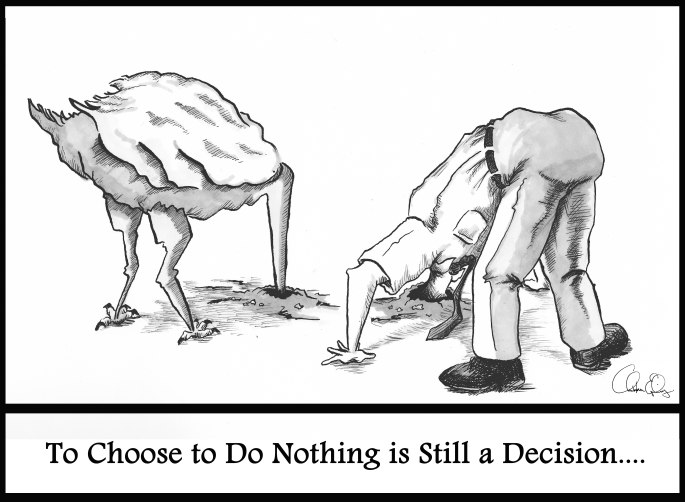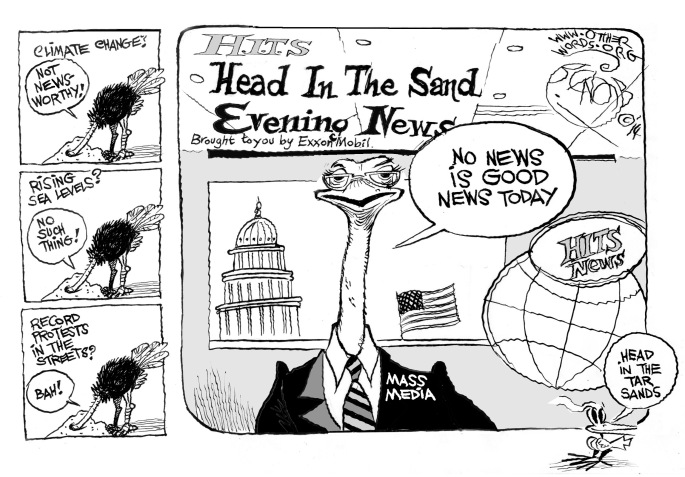There is a news item in today’s newspaper that Twitter had suspended the Twitter account of Amul for some time, yesterday. The reason was that the above advertisements did not fit into the policies of Twitter. Facebook and Twitter are two mediums which have become popular as social media apps. There are many differences in traditional media and these new social media apps. Unless we understand the differences, it will be difficult to understand the impact of specific policies and decisions. I am not sure if the image below reflects the correct media status.
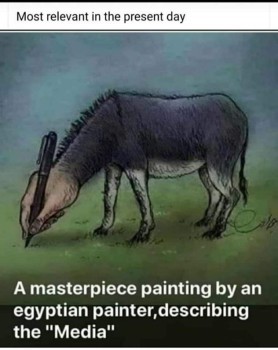
Creation and dissemination of content done by traditional Media are based on the principle of one-to-many. An editor decides what news, which news reports should be published in the day’s newspaper or which stories should be telecast in the next bulletin is. The news consumers that is the readers and viewers have no role to play in the creation or dissemination of content.
Social Media, in contrast, is a media that works on the principle of many-to-many. Any individual can create and share content. It makes the content creation process more democratic.
Focus or purpose of social media is a media where people come to interact with friends, relatives, acquaintances etc. It need not be news-based. A tiny part of the Social Media universe is devoted to the creation or dissemination of news.
Traditional media is primarily a news media. It has traditionally performed the function of gathering and disseminating news, and continues to do so.
That is why the two media are like chalk and cheese.
Interactivity: Social Media allows users to comment on content created by their friends, relatives or peer group. No Big Brother is watching you. All comments are in real-time. They enrich published content and empower people to share views.
Traditional media is tightly controlled. All communication is one-way: from the editor to the readers. The most that a reader can hope is to get a letter published in the Letters column of the newspaper. There is no guarantee as to how much of the message will be edited before it is published. This interactivity is even more limited in the case of television.
I will share with you an interesting story about two news items published in Pune’s Daily Sakal. These stories are from the late ’80s of the last century. Two professors from the Fergusson college had fought in the college, yes it was physical slapping and all. Sakal published it on the first page with their names. The reason was one of the professors had an affair with the others’ wife. There was another news on the same page; another “Maramari” (fisty cuff) that took place in a washroom area of a Latif’s restaurant in the camp area. The fight was between two ex mayors of the city. One of them was drunk and passed lewd remarks about the other person’s wife. Now both these items were on the first page of Sakal with biggish headlines. Both news items had become public since a police case was registered in both cases. But the names of the ex mayors were not printed. I saw this anomaly and as a naïve person wrote a letter to the editor of Sakal. I said, “Both these news items were in the public domain, but you have published the names of the professors but not of the ex mayors. Since you call yourself a fearless newspaper, at least publish my letter.” I dropped the letter in their letterbox. That was the end of the story. So much for the fearlessness!
Speed: Social Media is instant. Reports published on Social Media sites can be accessed instantly.
Traditional media takes time to disseminate information. In the case of newspapers, this is limited to once a day; television or radio can update reports more frequently. But they cannot match the speed of Social Media unless they go live.
Why so?
Cost of creation: It costs a small fortune to set up a newspaper, radio or television station. Few individuals can, therefore, hope to become publishers.
Social Media platforms allow free posting of content. Anyone can, therefore, become a publisher or broadcaster.
Reach and numbers: The reach of Social Media is staggering. It connects billions of individuals across the globe.
In contrast, the reach of traditional media is limited to the number of readers or viewers that individual newspapers or channels may have.
Now that we have understood the similarities and difference, we can understand the issues involved.
A couple of events occurred in the last couple of weeks on Tweeter. Tweeter marked one of the tweets by President Trump with a caution note. As expected, Trump and his team were furious.
Twitter highlighted two of Trump’s tweets that falsely claimed mail-in ballots would lead to widespread voter fraud, appending a message the company has introduced to combat misinformation and disputed or unverified claims.
“Get the facts about mail-in ballots,” read the message beneath each tweet. It linked to a curated fact-check page the platform had created filled with further links and summaries of news articles debunking the assertion.
Twitter said the move was aimed at providing “context” around Trump’s remarks. But Twitter’s unprecedented decision has raised further questions about its willingness to apply the label to other Trump tweets consistently. The tweets have been deemed misleading by third parties, particularly as the president has lobbed baseless allegations against former Rep. Joe Scarborough regarding the death of a congressional staffer years ago.
Does this mean that all Tweets published by Trump before were with no issues? He has 55 million followers on Tweeter, and he is using Tweeter for keeping in touch with his electorate and followers. He and his team have understood the dynamics of the Tweeter handle so well that he has milked it to his advantage.
But what happened suddenly to the dynamics between Tweeter and Trump’s team? Why did the labelling suddenly start? Let me tell you how the “labelling” or the locking of accounts is done. They have an algorithm to track the content of what people write. The policy is decided by the “management” or in this case of Dorsey- Twitter boss! Dorsey has said in an interview that he thinks left of centre about the world. Trump is a showcase right-winger always discretely talking of white supremacy. What took so long for Dorsey to change Twitter policies? Now, do you understand why Twitter locked the account of Amul? It was about discretely pushing Indian products as against the Chinese ones. After all, Amul is our most reliable brand, so why not? And it was not about politics. But then the algorithm is a tool written by a company and by a group of people. Naturally, it has its leanings; in the current case to the left!
But should we bother so much about Twitters and Facebooks of this world? They only publish whatever you and I write; they do not have their views. The algorithm does what it is told to do- and it is created to push Dorsey’s views. But Zuckerberg is even worse. He is endorsing Trumps’ views by not saying or doing anything about Trumps’ vitriolic statements or is behaving like Daily Sakal! When Facebook has so much power, their “not saying anything” against Trump is as good as endorsing it! The latest news is that FB has finally removed Trump’s campaign video where he is trying to use “Floyd” protests to advantage- on one side he is calling the army and wants to crush the demonstrations!
Should we really bother about Twitter and FB? I do not think so! These apps are not the creators of news like Newspapers and TV channels. These are used by you and me to share our views. But apps have a responsibility, and writing algorithms is their prerogative, and these will be decided by company policy! They are NOT creating false news, but anybody can try to create false interpretations or views of real matters. Trump’s video is an attempt to create content on Twitter! So who cares? But newspapers and TV have to care. As per the current trend, the advertisements are getting diverted to social media, print and TV media better be careful.
